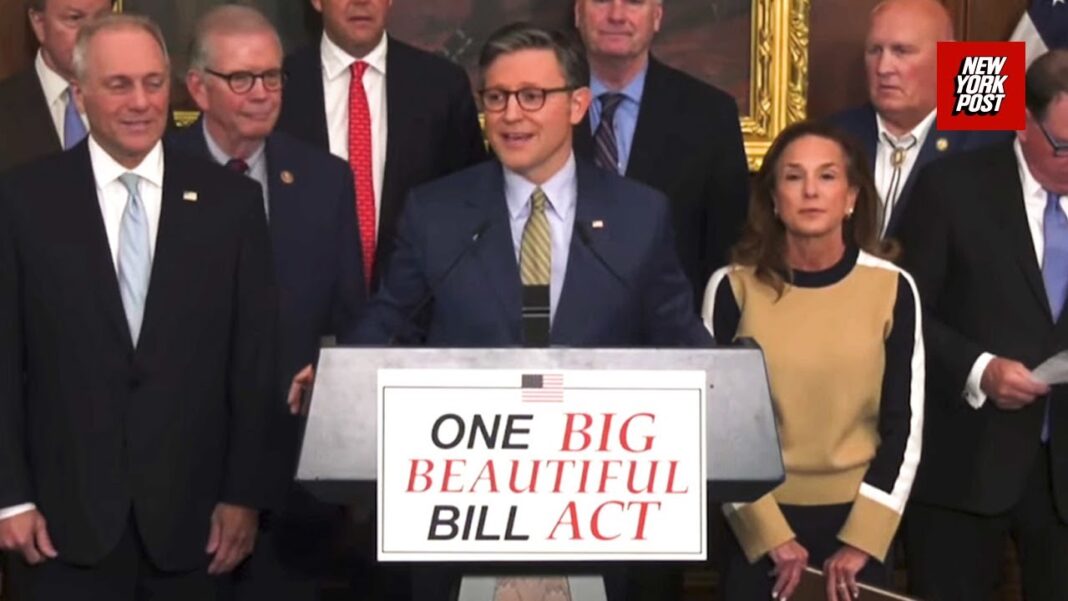The law makes it criminal to publish nonconsensual intimate imagery, sometimes called revenge porn, and deepfake content generated with artificial intelligence.
President Donald Trump signed the Take It Down Act into law on May 19, criminalizing the publication of nonconsensual intimate imagery. The legislation puts a 48-hour timer on online platforms to remove explicit content at the request of the individuals featured.
Take It Down is an acronym for Tools to Address Known Exploitation by Immobilizing Technological Deepfakes on Websites and Networks, and is an attempt to mitigate the spread of nonconsensual imagery and deepfake content generated with artificial intelligence (AI).
“With the rise of AI image generation, women have been harassed with deepfakes and other explicit images distributed against their will,” the president said during the signing event.
“It’s just so horribly wrong, and it’s a very abusive situation … and today we’re making it totally illegal.”
What the Law Does
The law makes it criminal to publish nonconsensual intimate imagery, sometimes called revenge porn, or AI-generated equivalent, which has become a more prevelant issue due to circulation of technology that can quickly create such materials.
AI-generated contents now circulating the internet include videos that, while fake, often appear deceptively authentic and include the image of a real person.
The recently signed law gives online platforms a maximum of two days to remove explicit content after the identifiable individual in the materials submits a request.
Anyone convicted of intentionally distributing explicit images without the consent of the person whose likeness is used could face prison time.
First Lady Melania Trump offered her appreciation for the bill’s passage at the time of the signing and cautioned about the dangers that children face online.
“Artificial intelligence and social media are the digital candy for the next generation: sweet, addictive, and engineered to have an impact on the cognitive development of our children,” the first lady said. “But unlike sugar, these new technologies can be weaponized, shape beliefs, sadly affect emotions, and even be deadly.”







